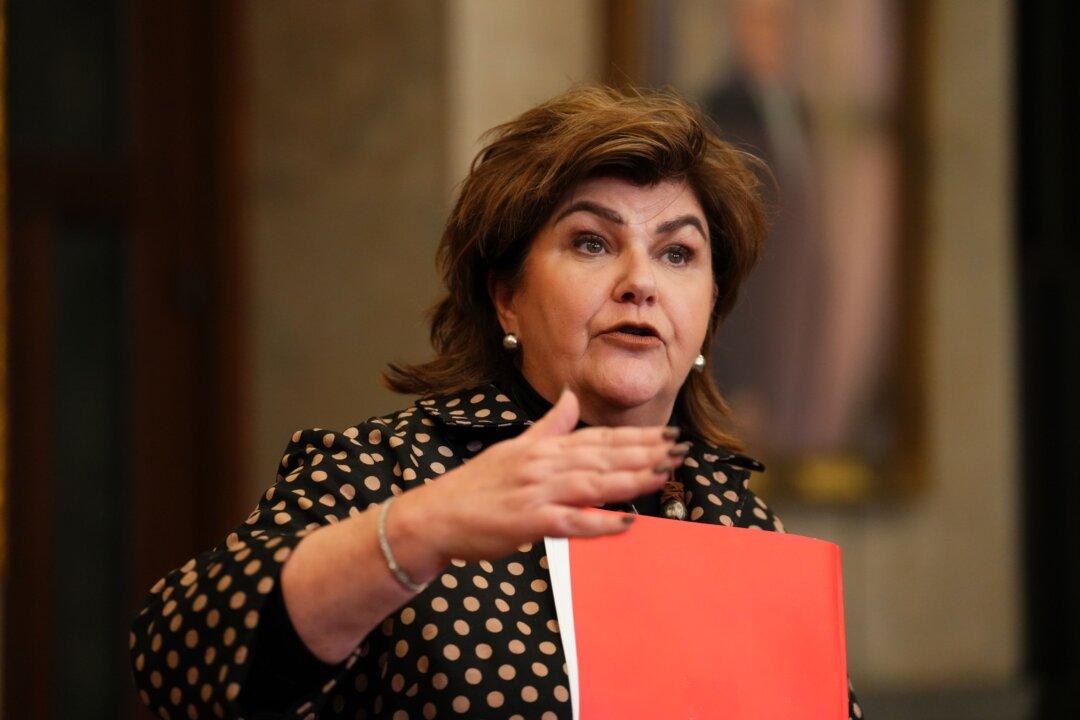Saskatchewan Premier Scott Moe says if the federal government doesn’t extend the carbon tax exemption to all types of home heating fuels, his province will stop collecting the tax.
“I cannot accept the federal government giving an affordability break to people in one part of Canada, but not here,” Mr. Moe said in a video posted on X on Oct. 30.





